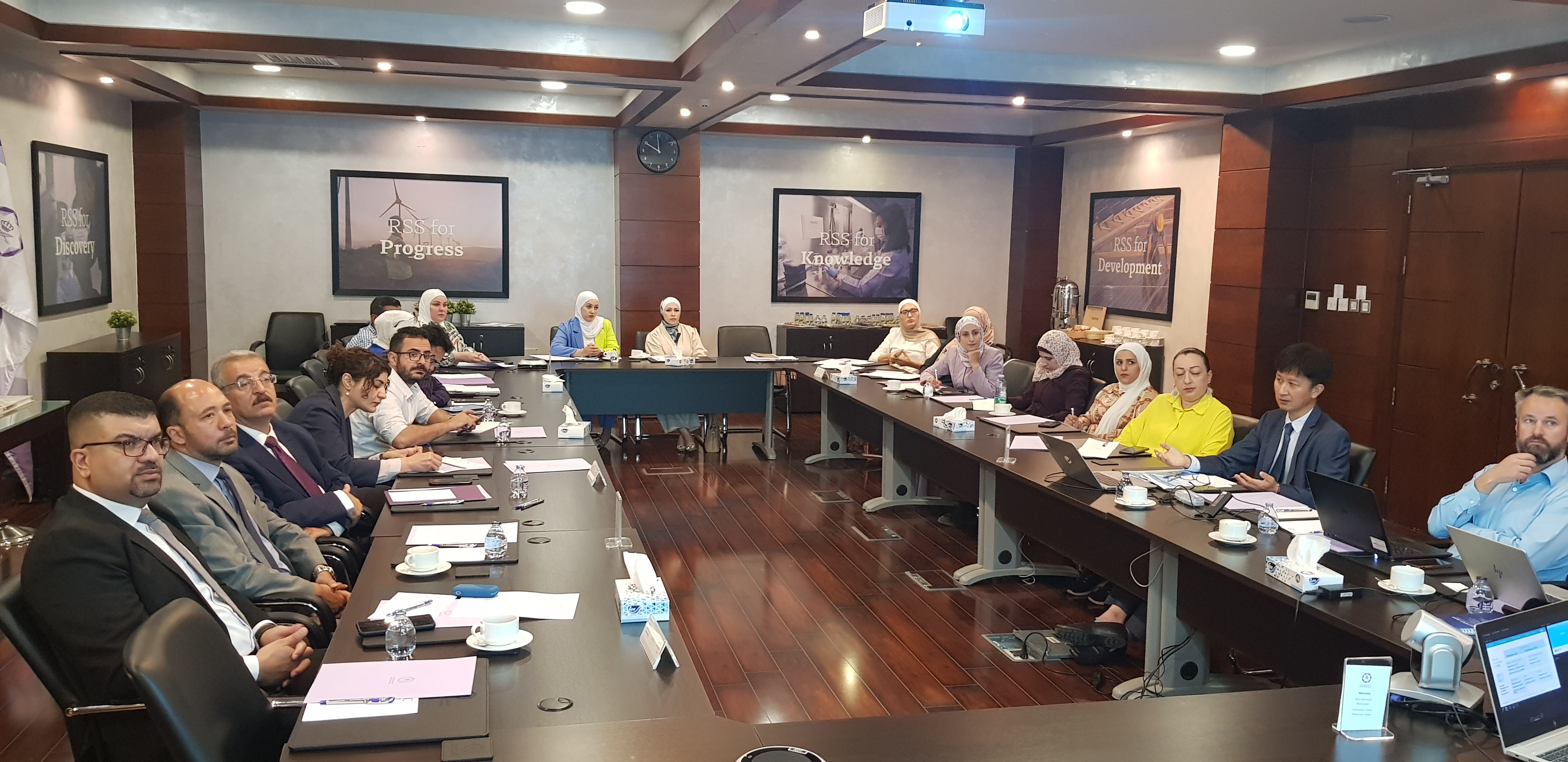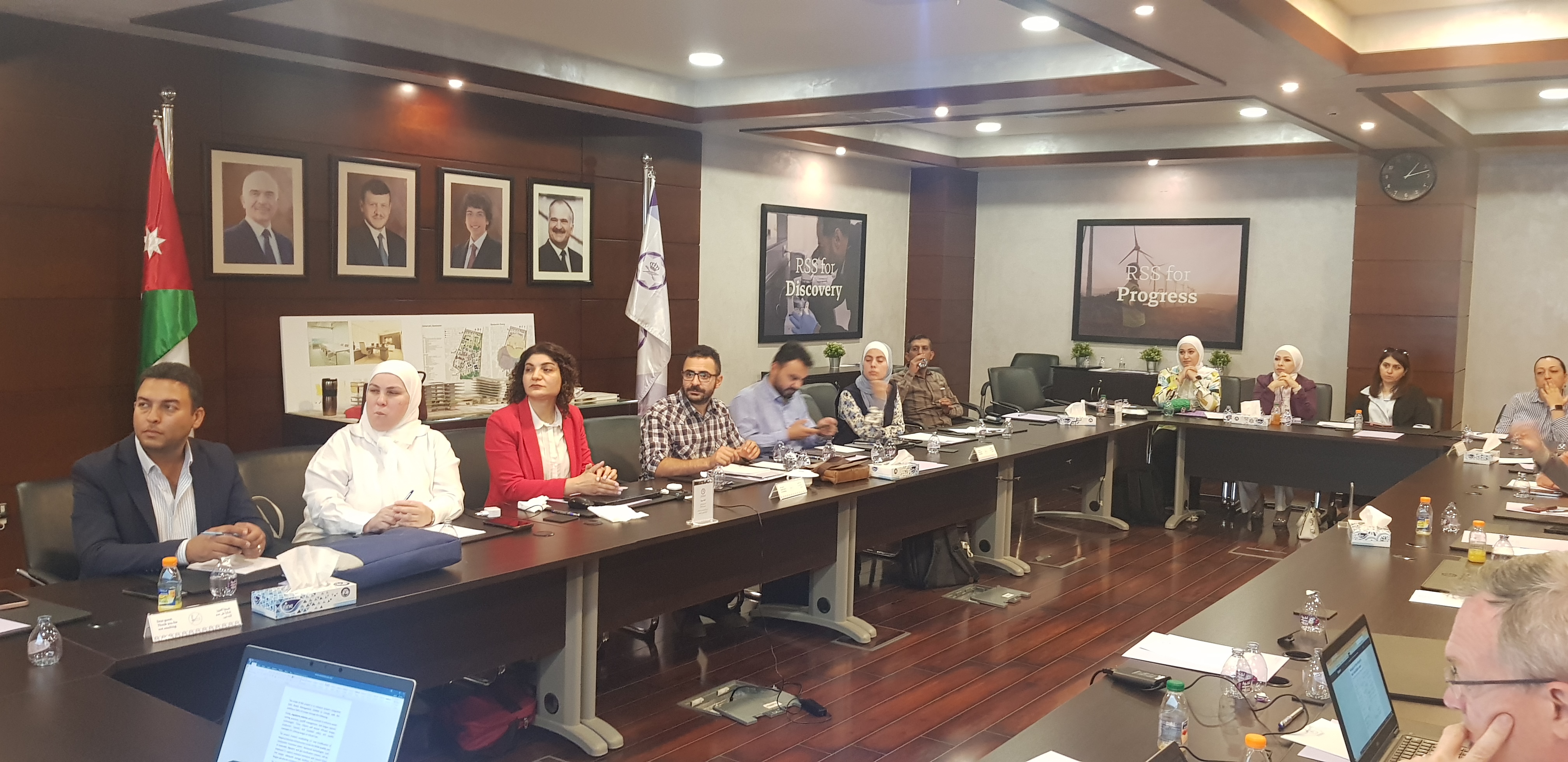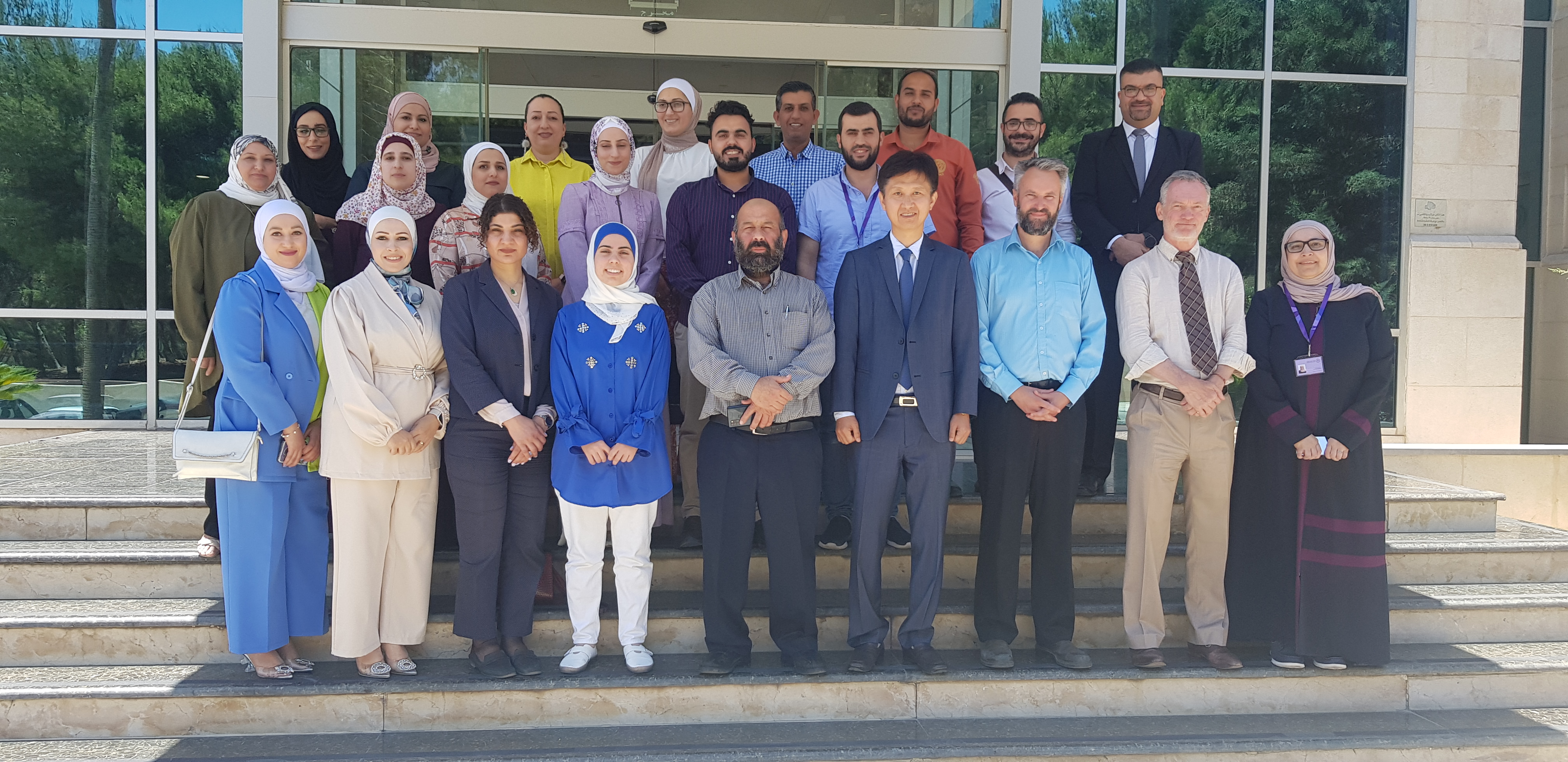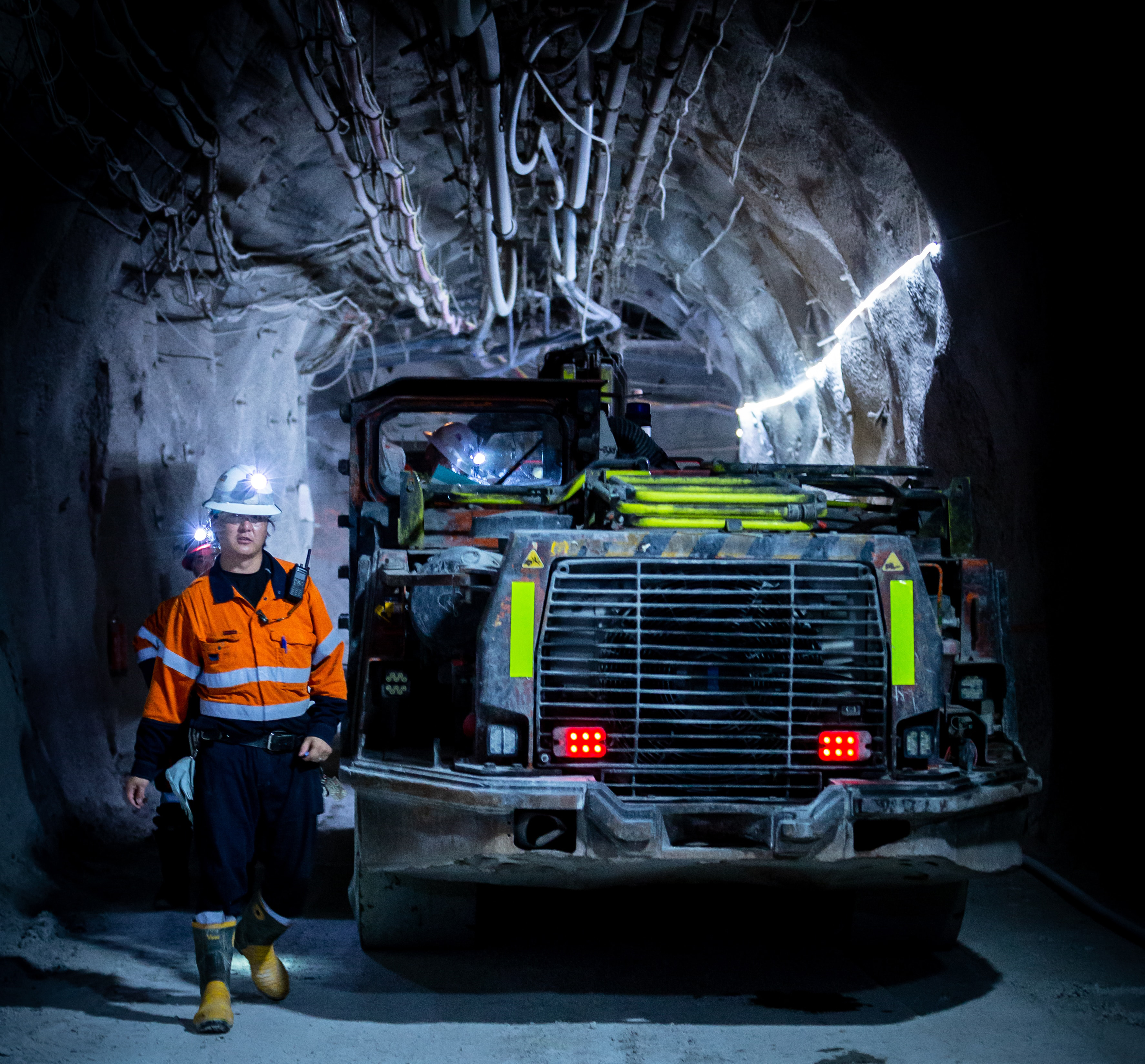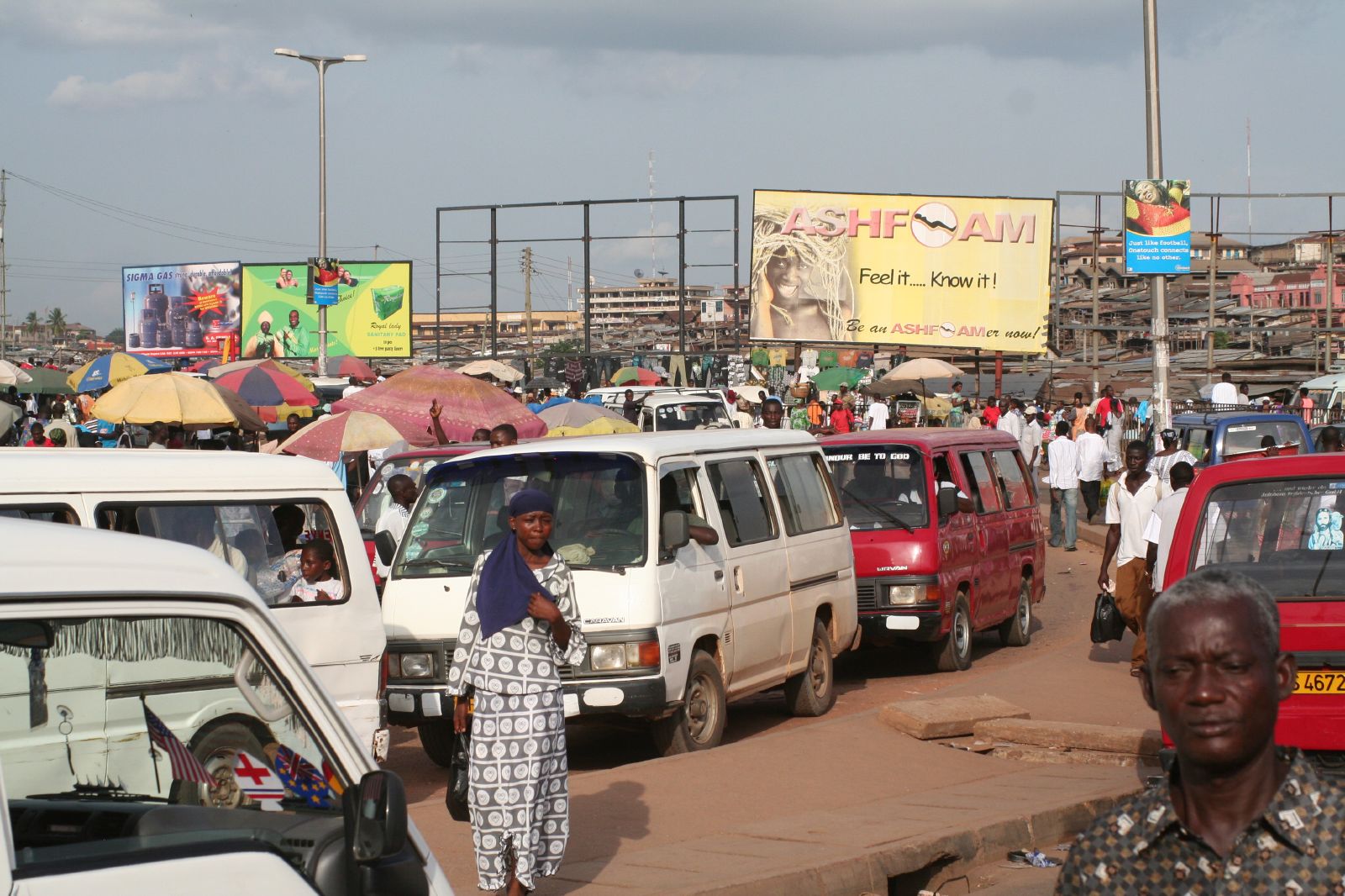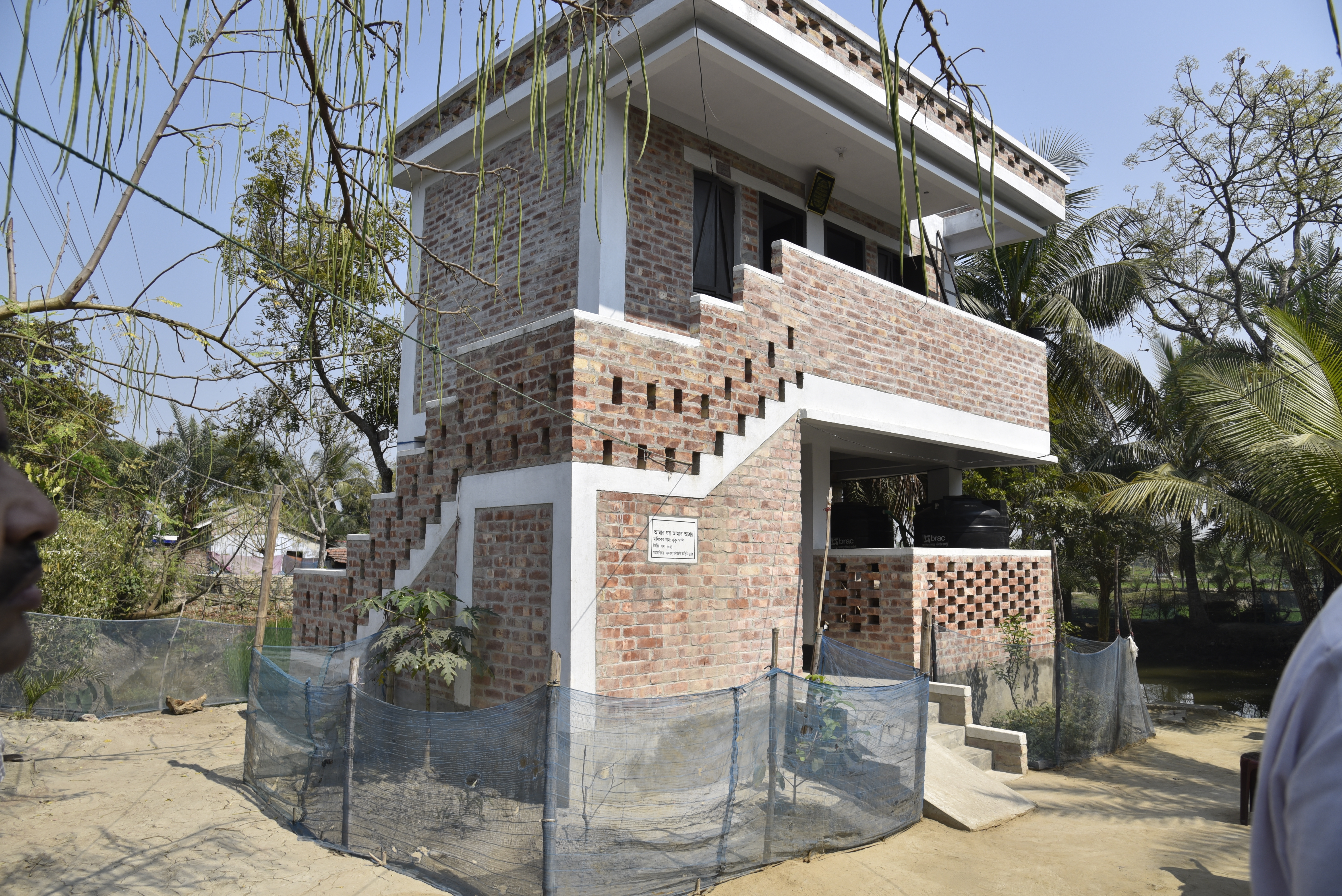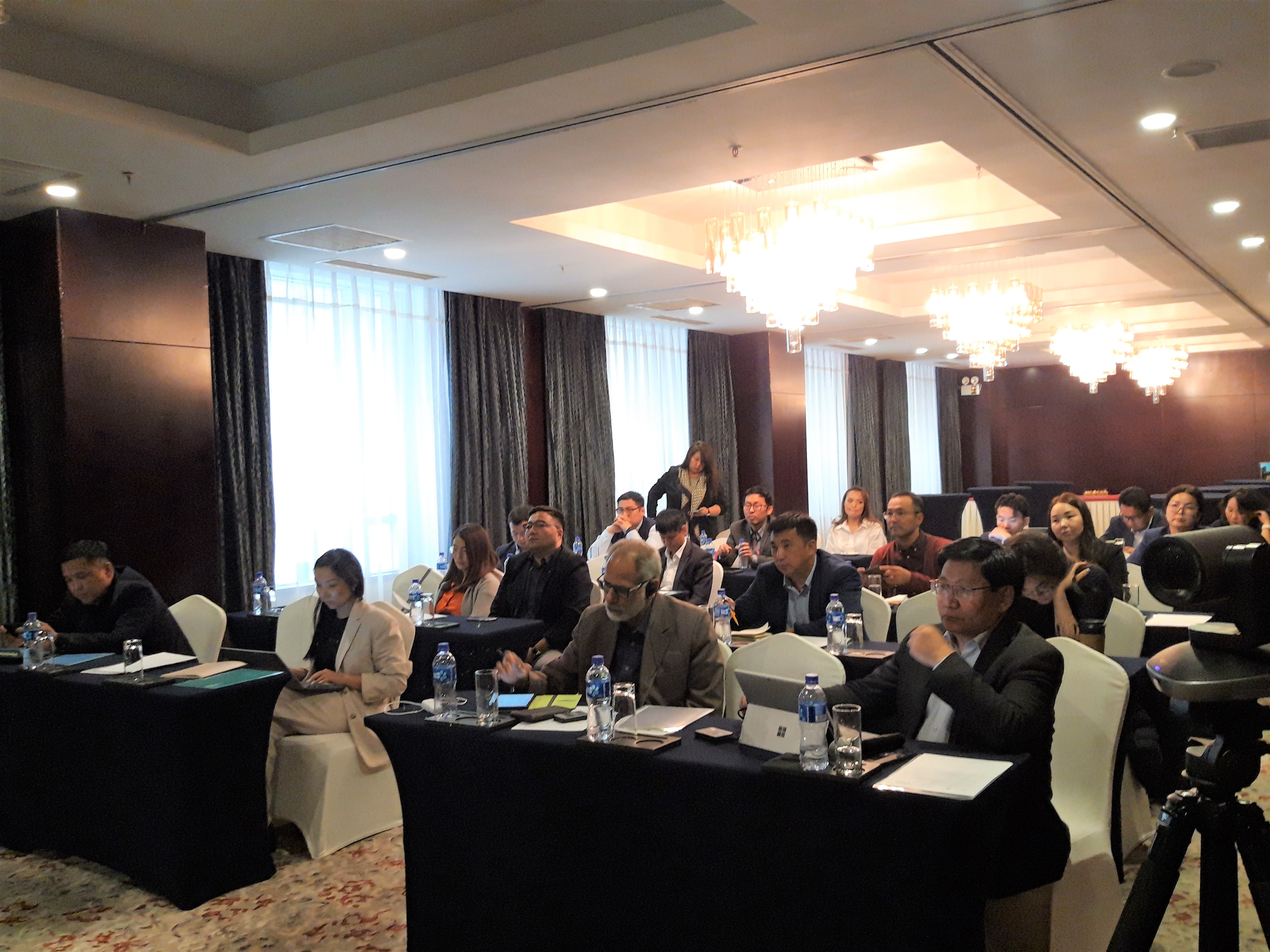A concrete project concept to reshape Jordan’s transport sector was presented in Amman in July.
The aim is to convert Jordan’s waste collection fleet to run on bio compressed natural gas (bio-CNG) instead of diesel, using methane captured from landfills as sustainable transport fuel.
The concept outlines how to convert biomethane into bio-CNG, transforming waste into a valuable transport fuel and to initially upgrade the country’s waste collection trucks, significantly reducing Jordan’s greenhouse gas emissions, both from the trucks themselves and by collecting methane that would otherwise be released from landfills.
The concept is an output of the IKI-funded NDC Action project, and was drafted during a 4-day workshop hosted by the Royal Scientific Society, involving officials from Ministries of Environment, Planning, and Local Administration, and representatives from three urban municipalities.
The workshop’s collaborative ethos was underscored by presentations from UNEP Copenhagen Climate Centre experts. These initial sessions introduced participants to effective structuring through a project’s Theory of Change and shed light on climate finance for mitigation projects, setting the groundwork for the workshop’s discussions.
A concept built for local needs
Jordan’s waste collection fleet of 840 trucks are all powered by diesel, being a major contributor to urban air pollution and emissions. At the same time, Jordan’s total emissions of biomethane from all organic solid waste is enough to fuel 10,000 trucks if all could be converted to bio-CNG.
With a defined technology focus for the investment proposal in place, participants in the workshop created a well-structured project concept, based on the local needs in the transport sector, with technical experts verifying data, forming the basis for calculations related to mitigation potential, investment costs, and projected returns.
The concept includes a Special Purpose Vehicle investing in bio-CNG production from landfill gas and other sources. This will finance the generation and refining of biofuel for a new fleet of waste collection trucks, reducing methane emissions and displacing diesel from Jordan’s transport sector by creating both supply and demand for sustainable transport fuels.
The technologies to convert biomethane into bio-CNG for transport is proven and commercially available in 18 European countries including Germany, France and the UK.
Aligned with national strategies and ready for donor support
Throughout the workshop all attending experts meticulously refined project logics and calculations. This rigorous approach ensured alignment with Jordan’s NDC and other overarching national strategies on transport, waste management, and energy sectors, a crucial aspect for long-term success.
The workshop’s culmination was a comprehensive project concept, primed for submission to a climate finance donor. The concept includes precise technology-based calculations that underpin an innovative investment opportunity.
This workshop stands as a testament to Jordan’s proactive approach to sustainable development. Armed with a fully-formed project concept, the nation is now poised to reimagine the transport sector, steering towards a future defined by low-carbon resilience.
